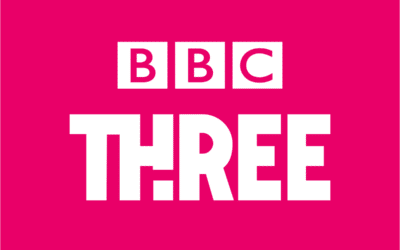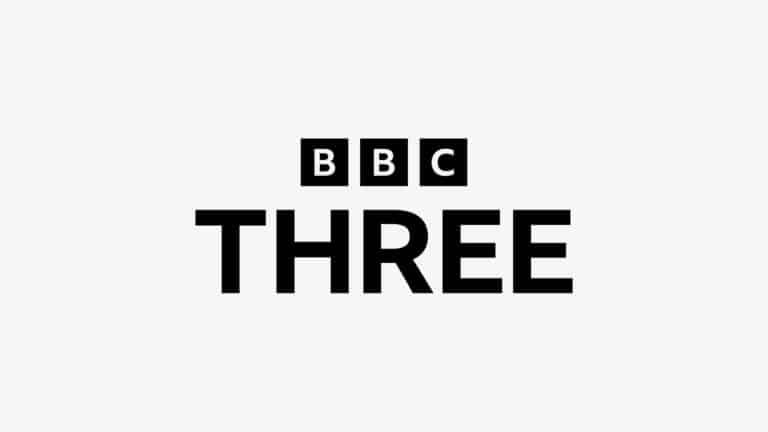Ofcom has confirmed that BBC Three will be able to return to linear television, for the first time in 6 years.
Today, the industry regulator approved the BBC’s plans, providing it meets certain criteria.
The decision coincides with its annual report on the BBC’s performance and how the corporation serves viewers and listeners.
“We carefully assessed the BBC’s plans, alongside evidence and feedback gathered during our consultation,” it stated.
“We concluded that the channel’s re-launch will help the BBC to increase its reach among younger underserved viewers – particularly those from lower-income homes, and audiences who live outside London and the South East.
“To ensure the channel is distinctive, at least 75% of hours broadcast each year must be original programmes, commissioned by the BBC for UK viewers. We are also requiring the channel to deliver first-run UK content across a mix of genres, as well as weekday news programmes.”
It will launch in February 2022, with EPG numbers to be confirmed at a later date.
“This is a big moment, with the new channel providing a destination for young audiences to discover more content on the BBC,” said Fiona Campbell, Controller BBC Three.
“We will work hand in hand with iPlayer to provide a broad offering that is representative of the whole of the UK and we will continue to back new talent and bold ideas. This approach will bring the audience a distinctive mix of programmes that are there to entertain, inspire and challenge thinking, at a pivotal and exciting time to be young in the UK.”
The Ofcom report also looked more widely at the BBC and found the Corporation “broadly delivered against its remit” and that it remained popular with its audiences. 87% of adults consume BBC content every week.
However, the review also identified “several long-standing themes” that it must address, including:
1. Improving audience perceptions of BBC impartiality.
Last year more people accessed BBC News across all age groups and it remains the most popular source of news, with audiences rating it highly for accuracy (75%) and trust (68%). However, its impartiality rating was 55%.
2. Remaining relevant to its whole UK audience
58% of adults have a “favourable impression” of the BBC. But disabled audiences (53%), people in Scotland (49%) and those from less-well-off backgrounds (53%) are less satisfied.
Younger people are only spending an hour each day with the BBC, compared to 2hours 23 for the average adult. More children aged 11-16 are using Netflix (77%) than the BBC’s television, radio and online services combined (74%).
3. Daring to be different
Ofcom said that its researched showed that fewer than half of UK adults rate the BBC positively on providing content that ‘dares to be different’.
It’s investment in original content has fallen from £1.6bn in 2010 to £1.01bn in 2020, which has been exacerbated by the pandemic.
“The BBC remains highly valued by the public and made a clear, positive contribution during the pandemic. But the last year has also seen its reputation hit by historical failings, with some viewers and listeners doubting its impartiality, and others feeling excluded,” said Kevin Bakhurst, Ofcom’s Group Director, Broadcasting and Online Content.
“The BBC must dare to be different, extending its appeal to viewers and listeners of all backgrounds, classes, cultures, ages or locations. That includes producing bold UK content, which is why we’re setting new rules around the relaunch of BBC Three.”










